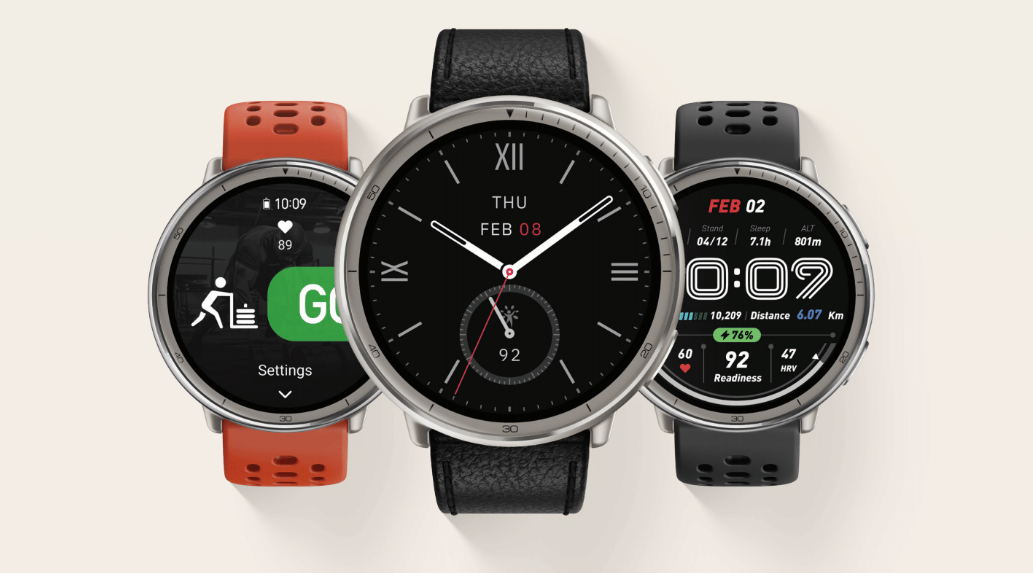Fashion
Berlin Fashion Week launches sustainability requirements

Sign up to receive the Vogue Business newsletter for the latest luxury news and insights, plus exclusive membership discounts.
Berlin Fashion Week is introducing sustainability requirements that will become mandatory criteria for any brands showing at the event from February 2026 onwards. It is following the blueprint set by Copenhagen Fashion Week, which introduced a sustainability framework in January 2023.
Berlin Fashion Week has adapted Copenhagen’s guidelines to fit its three core values: freedom, inclusion and creativity. More information on the 20 minimum standards in the Berlin-specific criteria will be published in a code of conduct towards the end of the year.
What we do know so far is that the Berlin Fashion Week code of conduct will deepen criteria on diversity, equity, inclusion and belonging (DEI&B), with the aim of offering more opportunities to models, designers and those working behind the scenes at Berlin Fashion Week (such as makeup artists and photographers) who are from underrepresented backgrounds. There will also be transparency and traceability criteria to motivate brands to actively inform their customers about the products and their value chain.
“We are trying to set an example where we can and believe the impact will be best achieved when acting as a community,” says Scott Lipinski, CEO of Berlin Fashion Week organiser Fashion Council Germany. “By implementing the requirements, we are trying to set a framework for everyone to follow and an example for brands participating in Berlin Fashion Week. We strongly believe that this framework will not only influence upcoming collections but also inspire aspiring designers in their core values, hopefully sparking healthy discussions that will lead to a change of mindset within the industry.”
A selection of brands will pilot the requirements from September before they come into full effect. “The response has been overwhelmingly positive, which is a strong sign that this is the right decision,” says Lipinski. Fashion Council Germany won’t be providing any financial support to brands to implement more sustainable practices, but it will offer guidelines, advice and educational tools, while connecting labels with organisations that can help.
Copenhagen Fashion Week began developing sustainability requirements in 2020 in collaboration with consultancy In Futurum and Danish fashion organisation Dansk Fashion & Textile. The framework was updated in March 2024 to reflect changes to the EU policy landscape. Since its launch, Copenhagen International Fashion Fair, industry organisation Norwegian Fashion Hub and fashion showcase Oslo Runway have also adopted the requirements.
Fashion Council Germany kick-started discussions with Copenhagen Fashion Week at the beginning of 2023. “Not only does our partnership trigger much needed alignment — it also emphasises fashion weeks’ and councils’ opportunities to be part of transitioning the industry for the better,” says Copenhagen Fashion Week CEO Cecilie Thorsmark. “It is a big milestone for us to see the sustainability requirements gain global recognition and we hope it will inspire more collaboration.”
“There is no place for competitiveness when it comes to sustainability,” adds Lipinski. “We need to work together to make a difference.”
Berlin’s Senate Department for Economics, Energy and Public Enterprises has agreed to invest €180,000 into Berlin Fashion Week between now and 2025 to help implement the standards and support the transitional period. “By implementing sustainability requirements, Berlin will become one of the leading international locations for a responsible and innovative fashion industry,” says the department’s state secretary, Michael Biel.
Comments, questions or feedback? Email us at feedback@voguebusiness.com.
More from this author:
How to future-proof a 100-year-old brand
Fashion’s freelancers are under pressure. What’s the solution?








/cdn.vox-cdn.com/uploads/chorus_asset/file/25820460/DSCF4396.jpeg)